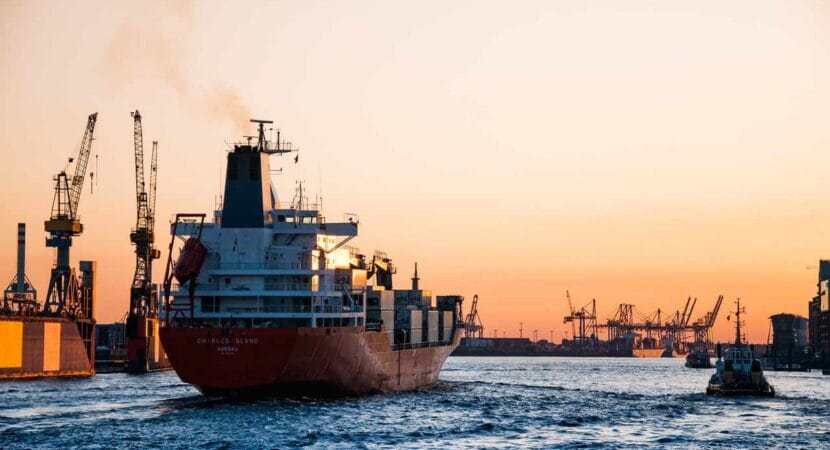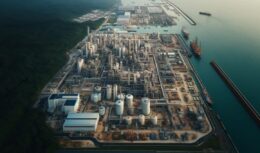
The urgent need for port modernization in Brazil
Brazilian ports face a significant delay of approximately 15 years in relation to global standards, as revealed by a recent study by the National Center for Transatlantic Navigation (Centronave). Cargo demand has already exceeded the ports' operational capacity in 2021, highlighting the urgency for modernization to increase the sector's competitiveness. The path to evolution necessarily involves the adoption of new logistics technologies, as illustrated by the successful digital transformation of Rio Brasil Terminal.
Digital transformation: the success story of Rio Brasil Terminal
Rio Brasil Terminal, part of the ICTSI group, the largest independent port operator in the world, is a notable example of innovation and efficiency after implementing the Athenas Logistics Intelligent Logistics Platform. In one year, the company has witnessed significant improvements in agility, cost reduction, increased efficiency and staff optimization. The Athenas Logistics solution was fundamental in integrating more than 150 pieces of equipment and 20 different systems, resulting in a cohesive system that benefits both port operations and management.
Benefits of operational automation
With the implementation of cutting-edge technology, Rio Brasil Terminal has seen a notable increase in operational efficiency. Automating processes has brought tangible benefits, such as:
- Speedy access for drivers to the terminal, thanks to the automatic Gate.
- Optimization of warehouse planning, reducing the need for human intervention.
- Reduction of deunitization deadlines and minimization of unproductive movements in the delivery of loose loads.
- Greater precision and reduced human error, contributing to a safer operating environment.
Impacts on port management
In addition to operational advances, the adoption of the Intelligent Logistics Platform also provided significant improvements in management:
- Accelerated billing, reducing processing time from 3 hours to 10 minutes.
- Data standardization and generation of strategic indicators, increasing reliability and decision making.
- Transparency in processes, allowing customers to monitor the status of cargo in real time.
Integration with legal procedures
The platform not only improved internal operations, but also efficiently integrated with government systems, ensuring compliance with legal procedures. This includes integration with SISCOMEX and PUCOMEX, ensuring accuracy and agility in customs clearance.
The future of Brazilian ports: a path towards modernization
The case of Rio Brasil Terminal is a model for other Brazilian ports to follow. Modernization through advanced technologies is crucial to improving efficiency, operational and management safety, and competitiveness of the port sector in Brazil. The adoption of these innovations is not just an advantage, but an urgent need to bring Brazilian ports on par with global standards and leverage the country's economic potential on the international stage.
Source: Consuelo de Magalhães / Assessoria Broto Comunicação.












